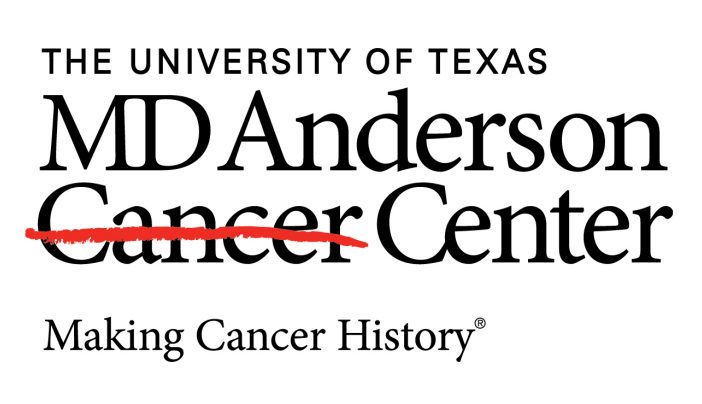
Editor's Note As aesthetic procedures continue to migrate into freestanding ambulatory surgery centers (ASCs), a new Canadian study argues that routine laboratory tests and electrocardiograms—often labeled “low‑value” in hospitals—remain a critical safety net when emergency back‑up is miles away. The manuscript was published by the Aesthetic Surgery Journal on April…
Editor's Note A recent Duke University analysis challenges the long‑held assumption that ambulatory surgery centers (ASCs) inherently deliver superior results for outpatient joint replacement, Orthopedics This Week March 18 reports. In the February 2025 Journal of Arthroplasty, researchers report that same‑day discharge total knee arthroplasty (TKA) performed in a tertiary‑care hospital…

Editor's Note What is reportedly the first technology to allow dynamic, 3D, segmental visualization of anatomy during surgery earned a second 510(k) clearance from the US Food and Drug Administration, according to an April 8 press release from developer Proprio. Designed to let surgeons measure progress during surgery without scrubbing…

Editor's Note Sidney Barbier, a University of Denver senior and competitive cross-country skier, became the first person worldwide to undergo single-port robotic renal vein transposition, marking a breakthrough in treating nutcracker syndrome, The Cleveland Clinic reported April 3. As detailed in the article, the robotic surgery ended a competitive skier’s…

Editor's Note A recent study shows potentially significant promise for preoperative virtual reality (VR) simulation to improve surgical patient outcomes. Published March 1 in the American Journal of Critical Care, the research details how VR reduced ICU sedation and ventilator time for patients undergoing elective cardiothoracic surgery. Although the program…

Editor's Note Although cadaver-based education is far from perfect, medical schools should reconsider eliminating these programs for surgeons and other professionals, first-year medical student Nadir Al Saidi argues in a March 31 commentary in Stat. “The weight of an actual body beneath your inexperienced hands is as real a preparation…

Editor's Note Some patients with early-stage breast cancer who achieve a complete response to pre-surgical chemotherapy and radiation may safely avoid surgery, according to a March 27 announcement from The University of Texas MD Anderson Cancer Center. The report details a Phase II trial, published in JAMA Oncology, finding that…

Editor's Note The Joint Commission announced significant updates taking effect immediately to the eligibility requirements for its cardiac and stroke certifications, developed in collaboration with the American Heart Association (AHA) and the American Stroke Association (ASA). According to the April 2 announcement, key revisions involve the removal of percutaneous coronary…

Editor's Note Intermountain Health researchers have uncovered a practical solution for reducing the risk of opioid-induced respiratory depression (OIRD) in same-day surgery patients, showing that a basic monitoring device—specifically, a pulse oximeter—can save lives, News Channel Nebraska March 27 reports. The study, published in the Respiratory Care Journal, focused on…

Editor's Note According to a study presented at the American Academy of Orthopaedic Surgeons 2025 Annual Meeting, same-day discharge for total joint arthroplasty (TJA) patients with a history of atrial fibrillation (AF) is both feasible and safe, Medscape March 31 reports. This finding challenges the common assumption that patients with…